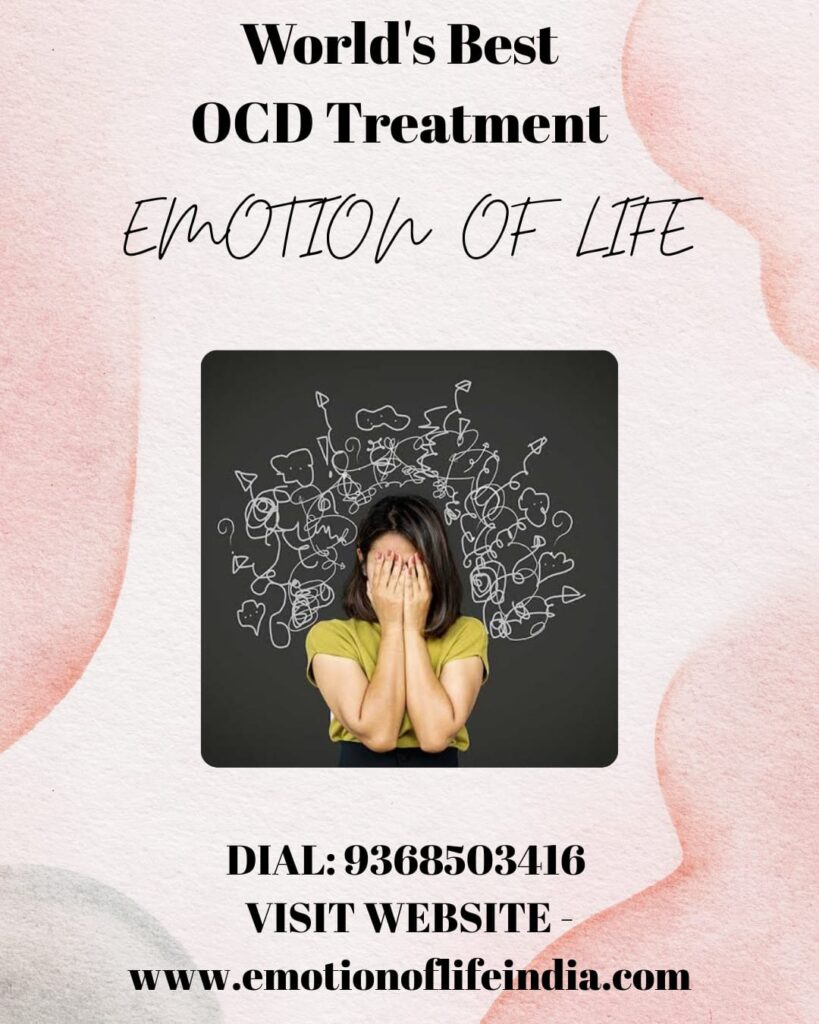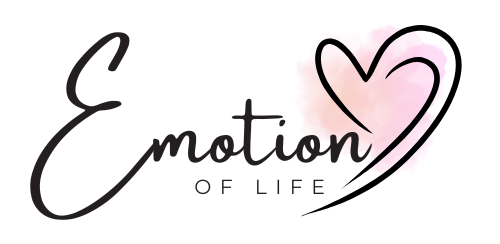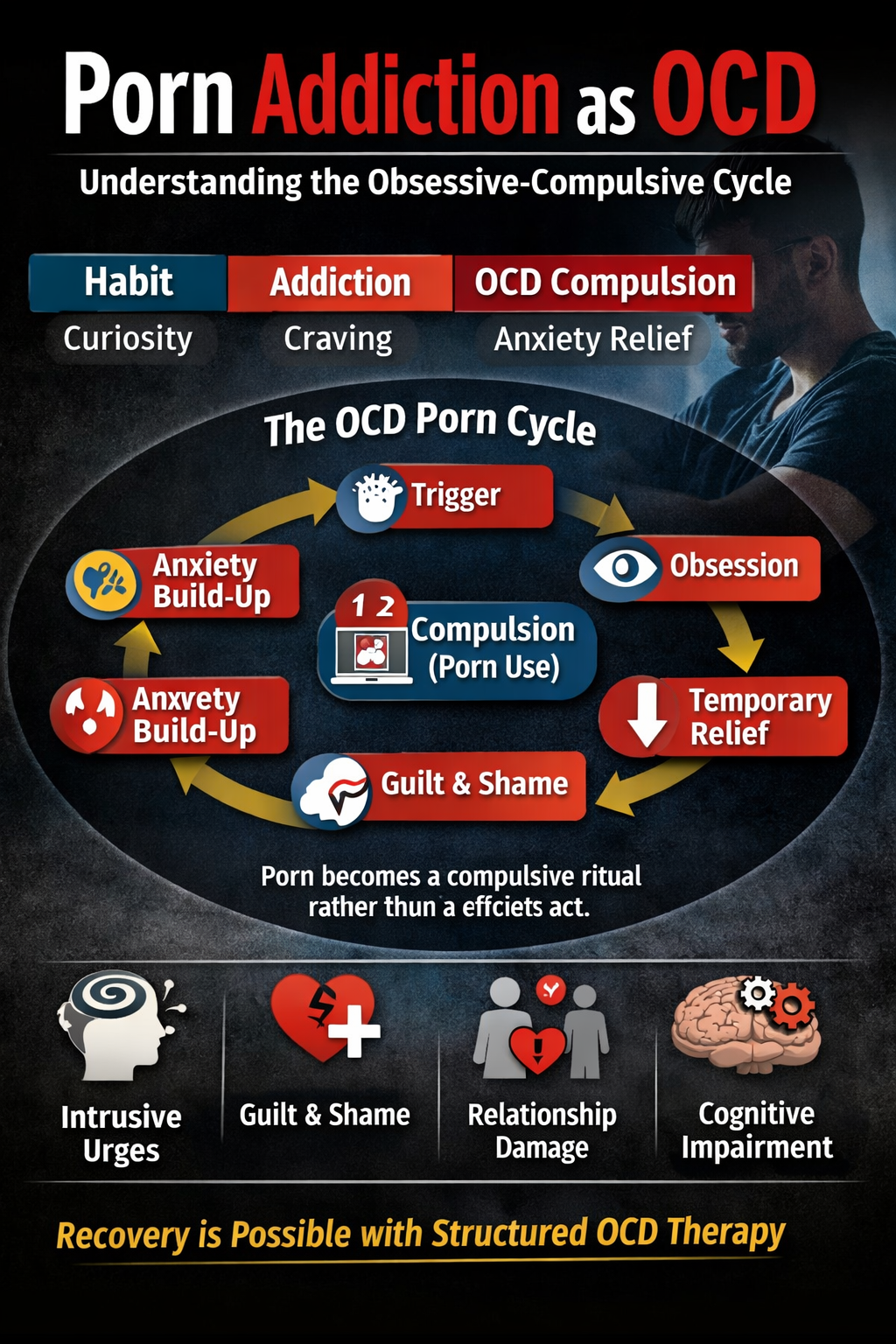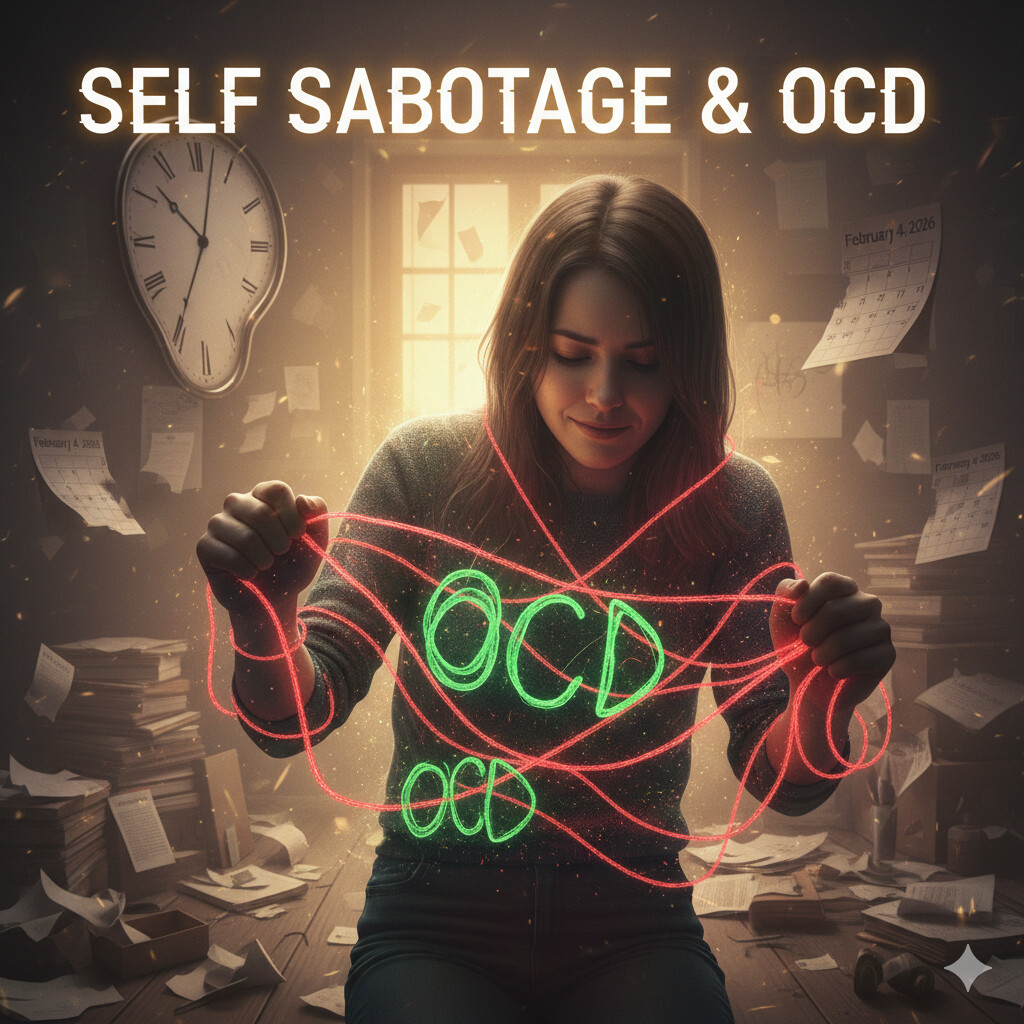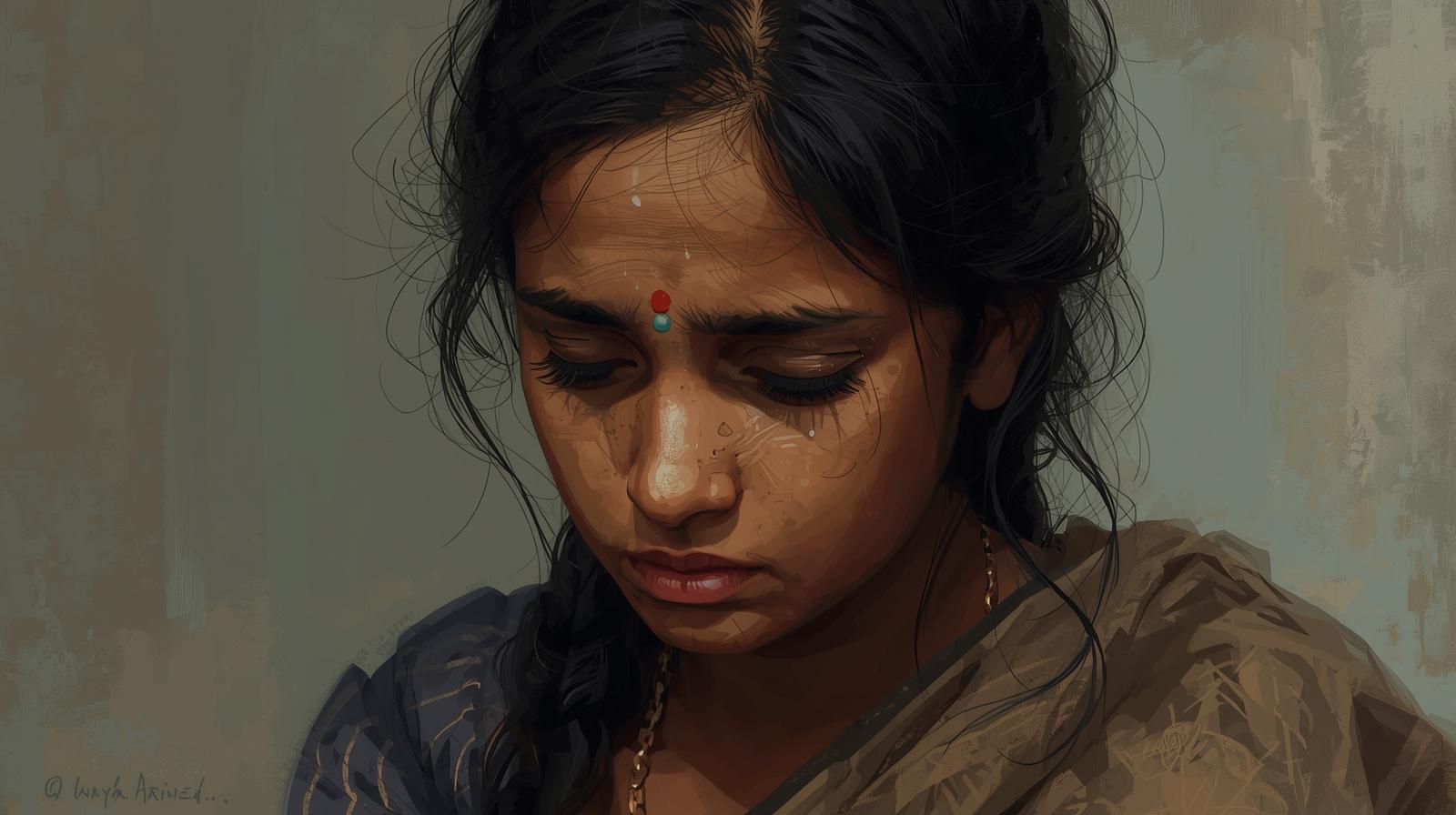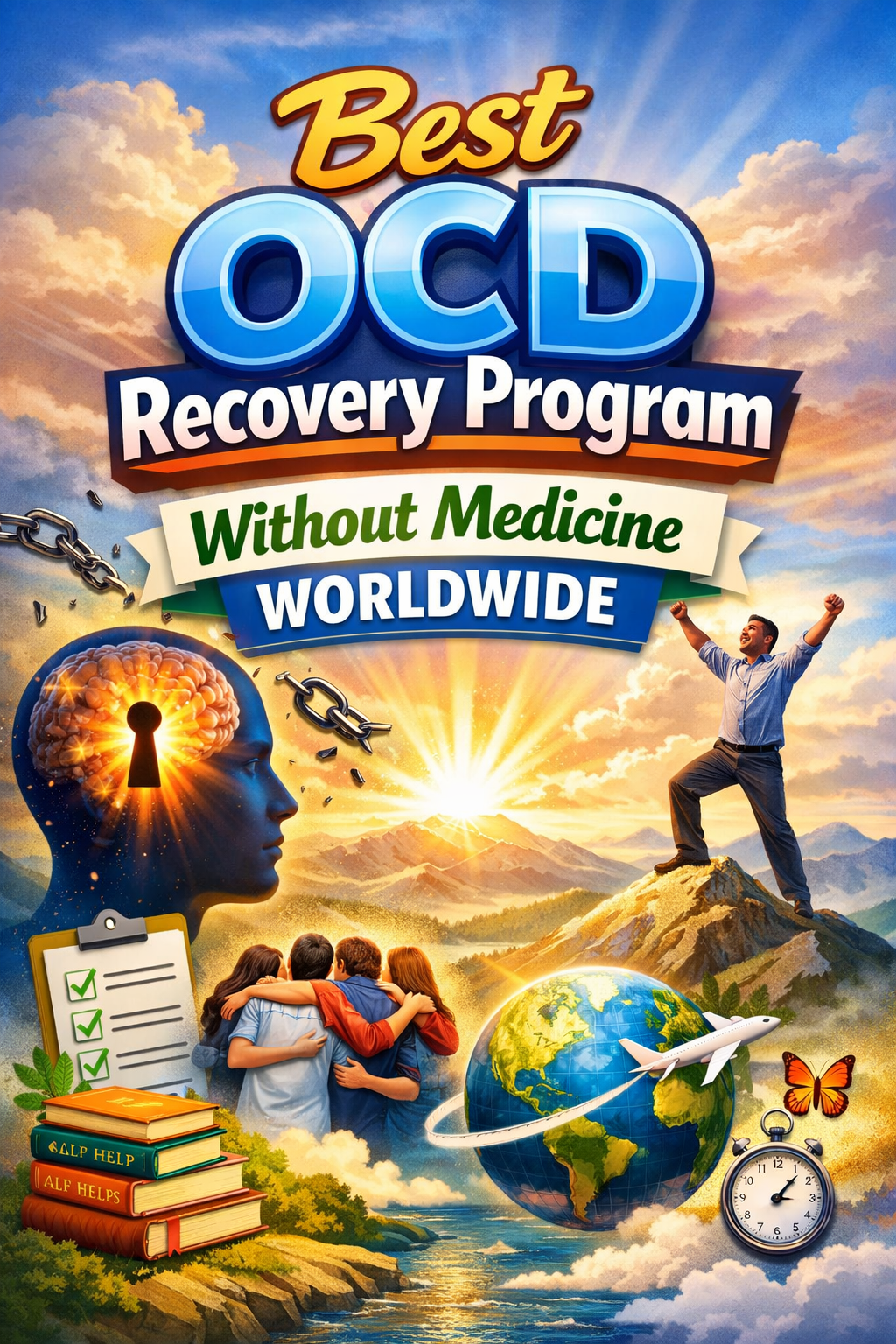Homosexuality OCD
Homosexuality OCD Treatment refers to the romantic, emotional, and/or sexual attraction between individuals of the same gender. It’s a natural part of being human, covering a wide range of identities and personal experiences. Historically, homosexuality has been stigmatized and pathologized in many societies, leading to discrimination, persecution, and violence against LGBTQ+ individuals.
Homosexuality OCD Treatment Attitudes towards homosexuality have evolved over time, with many societies moving towards greater acceptance and recognition of LGBTQ+ rights. Nonetheless, discrimination and marginalization still persist in various parts of the world, highlighting the ongoing struggle for equality and inclusion.
Homosexuality is not a choice but rather an inherent aspect of an individual’s identity. Studies show that sexual orientation is influenced by a mix of biology, genetics, hormones, and life experiences. Homosexuality is not inherently linked to mental illness. Efforts to promote understanding, tolerance, and respect for diverse sexual orientations are essential for creating a more inclusive and equitable world.
Homosexuality and Homosexuality OCD Treatment
The relationship between homosexuality and Obsessive-Compulsive Disorder (OCD) is complex and multifaceted. There is no direct causal link between the two, but individuals who identify as LGBTQ+ may experience OCD symptoms related to sexual orientation or identity due to societal stigma, internalized homophobia, or other stressors.
For some LGBTQ+ individuals, intrusive thoughts may center around fears of rejection, condemnation, or persecution because of their sexual orientation. These obsessions can lead to compulsive behaviors aimed at mitigating anxiety or avoiding perceived threats, such as seeking reassurance, engaging in mental rituals, or avoiding triggering situations.
Homosexuality OCD Treatment for LGBTQ+ individuals with OCD should be sensitive to identity and experience. Culturally competent therapy that affirms sexual orientation and gender identity, addresses internalized shame or stigma, and provides coping strategies for OCD symptoms can be beneficial.
Difficulty experienced by person suffering from homosexuality and OCD
- Internal Conflict: Intense inner turmoil about identity, with compulsions aimed at suppressing or controlling thoughts.
- Stigma and Shame: Societal stigma can compound the shame associated with intrusive thoughts or OCD symptoms.
- Isolation and Alienation: Fear of misunderstanding or rejection may lead to social withdrawal.
- Double Discrimination: Prejudice based on both sexual orientation and mental health can limit access to appropriate care.
- Impact on Relationships: OCD symptoms and identity-related fears can strain romantic and family relationships.
- Barriers to Treatment: Fear of discrimination from providers can delay help seeking.
- Mental Health Risks: Increased risk of depression, anxiety, and suicidal ideation without supportive care.
Stressors for homosexual individuals
- Social Stigma and Discrimination: Homophobia and exclusion in workplaces, schools, and healthcare settings.
- Family Rejection: Fear or reality of losing family support after coming out.
- Internalized Homophobia: Absorbed negative beliefs about one’s identity leading to shame.
- Lack of Legal Protections: Limits on marriage, adoption, and anti-discrimination safeguards in some regions.
- Religious or Cultural Conflicts: Pressure to conform to beliefs that conflict with identity.
- Health Disparities: Higher rates of some mental and physical health issues, and barriers to culturally competent care.
- Safety Concerns: Risk of harassment, violence, or bullying in public or private spaces.
Obsessions and Compulsions Related to Sexual Orientation
- Constant Doubt: Repeated questioning of sexual orientation and intrusive rumination.
- Fear of Rejection: Compulsions to hide or suppress identity to avoid perceived abandonment.
- Morality Concerns: Obsessions about sinfulness or moral wrongdoing leading to reassurance-seeking rituals.
- Excessive Checking: Reviewing past experiences or seeking external validation about orientation.
- Avoidance: Avoiding situations that trigger orientation-related anxiety, leading to isolation.
- Rumination: Long runs of repetitive thinking that interfere with daily functioning.
- Comparison with Others: Seeking external proof to validate or invalidate identity.
- Seeking Reassurance: Relying on others’ opinions to reduce uncertainty.
- Internalized Homophobia: Self-directed negative beliefs fuelling obsessions and compulsions.
- Intrusive Sexual Thoughts: Distressing images or thoughts about same-sex attraction that provoke compulsive responses.
Impact on Mental Health
- Increased Anxiety and Stress: OCD symptoms can amplify the stress caused by minority status.
- Depression: Persistent OCD and identity-related stress may lead to depressive symptoms.
- Social Isolation: Withdrawal from social life due to fear of judgment or symptoms.
- Disrupted Daily Life: Difficulties at work, school, and in relationships due to OCD and orientation-related stress.
- Negative Self-Image: Low self-esteem from internalized stigma and OCD-driven doubt.
Cultural Competence in Treatment
- Validation of Identity: Affirmation of sexual orientation and gender identity creates a safe therapeutic space.
- Understanding Minority Stress: Clinicians should address discrimination, stigma, and rejection as part of treatment.
- Affirmative Therapy: Use of approaches that explicitly support LGBTQ+ identities and resilience.
- Awareness of Intersectionality: Recognizing how race, religion, disability, and other identities interact with LGBTQ+ experiences.
- Sensitive Communication: Inclusive language and avoiding assumptions about clients’ identities or experiences.
- Knowledge of Resources: Referring to LGBTQ+ support groups and culturally competent providers when appropriate.
- Anti-Discrimination Practices: Ensuring therapy environments uphold dignity and safety for LGBTQ+ clients.
- Continued Training: Therapists should pursue ongoing education about LGBTQ+ issues and best practices in OCD care.
Affirmative Therapy Approaches for Homosexuality OCD Treatment
- Supportive Therapy: Creating a nonjudgmental space where identity is affirmed and respected.
- Reduced Stigma and Shame: Challenging internalized negative beliefs about identity.
- Improved Self-Understanding: Helping clients explore identity and how it intersects with OCD symptoms.
- Coping Strategies: Tailored tools for managing discrimination, rejection, and OCD-related distress.
- Addressing Minority Stress: Specific interventions to reduce the mental health impact of stigma.
- Supportive Relationships: Building trust between therapist and client and connecting clients with community supports.
- Promoting Authenticity: Encouraging living in alignment with one’s identity and values.
- Cultural Competence: Therapists should adapt care to the nuanced needs of each LGBTQ+ client.
Conclusion on Homosexuality OCD Treatment
Sexuality is a personal aspect of identity. Affirmative therapy approaches provide supportive frameworks for LGBTQ+ individuals to explore identity, address mental health concerns, and develop resilience. By validating sexual orientation and gender identity and addressing OCD symptoms with culturally competent care, therapists can promote well-being and recovery.
Case Studies on Homosexuality OCD Treatment
Alex
Age 28. Alex identifies as a gay man and experienced intrusive thoughts about his sexual orientation, compounded by internalized shame from a conservative upbringing. OCD affected relationships and work. Treatment with a culturally competent therapist using affirmative approaches, CBT, and ERP helped Alex manage intrusive thoughts and build self-acceptance.
Jamie
Age 35. Jamie is a transgender woman experiencing intrusive thoughts and compulsive grooming related to gender dysphoria and fears about safety. Therapy from a transgender-affirming clinician using CBT, exposure methods, and community support reduced OCD symptoms and improved confidence during transition.
Call: +91 9368503416 www.emotionoflife.in Email: info@emotionoflife.in
Book Now | Review | OCD Types | Our Experts | Success Stories| Contact Us| MyPsychologist




